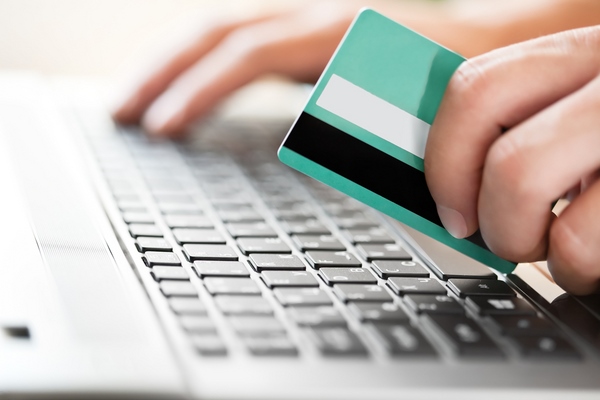
Almost 30 per cent of online shoppers have been duped into buying fake makeup, skincare and medicine, potentially putting their health in jeopardy, a new report reveals.
According to the research by brand protection firm MarkMonitor, makeup was the most commonly purchased fake item cited by 32 per cent. This was followed by 25 per cent accidently buying dodgy skincare products and 22 per cent buying fake supplements. In addition, 16 per cent said they had bought medicines online that turned out to be fake.
Thirty-four percent of these duped shoppers experienced a bad reaction to the product, while 50 per cent said bad quality signalled that the product was a fake.
The counterfeit toiletries, cosmetics and medicines had been purchased from a variety of online channels, the most popular being online marketplaces (39 per cent), followed by search engines (34 per cent), mobile apps (22 per cent), social adverts (20 per cent), and online pharmacies (16 per cent).
The report, which interviewed 4,401 people, said the counterfeit market was expanding, which was compounded by the addition of new online channels "where consumers are exposed to more options and an increased risk of unintentionally buying fake products".
"Consumer goods like shampoo, sunscreen, beauty products and medicines, traditionally bought in supermarkets, drugstores or pharmacies, are now being bought online," the report said. "However, when it comes to purchasing products that can affect health and wellbeing, such as skincare products, makeup, sun care, toiletries, medicines, supplements and vitamins, the risks of buying low quality goods not manufactured in accordance with standards, regulation or compliance are even more serious."
The MarkMonitor research – which surveyed people from the UK, France, Germany, Italy, Spain, Netherlands, Sweden, Denmark, the US and China – specifically looked at the online buying behaviour related to consumer goods purchased outside of supermarket shopping, and gauged attitudes on counterfeit goods and confidence in online channels.
The results found that that people are increasingly turning to the internet to search for and buy cost-efficient everyday items, such as haircare, skincare, makeup and medicines, which had typically been bought from supermarkets, drugstores or pharmacies. The main reasons behind this were it was easier to identify cost-effective options and find better deals online, there was more choice online, and online shopping was more convenient.
MarkMonitor found that 53 per cent of those interviewed has bought makeup online, 50 per cent had bought skincare products, 50 per cent had purchased soap, shower and bath products, and 29 per cent had bought medicines online.
According to the research, consumers trust online shopping channels; notably online marketplaces where 74 per cent trusted such platforms to deliver goods that met expectations all or most of the time. Reviews appear to play an important role and perhaps add to these levels of trust, MarkMonitor said, revealing that eight out of 10 consumers rely on website recommendations when making purchase decisions.
However, the presence of fake goods was of great concern. The research findings showed the unwitting purchase of fakes was highest in China where 46 per cent had unintentionally bought a fake, followed by the Netherlands (28 per cent) and Italy (27 per cent).
However, while most instances of counterfeiting originated with consumer deception, a small percentage of shoppers actively sought out non-genuine goods, MarkMonitor found. Eighty-three percent said they would not buy fakes, but 17 percent said they would. These attitudes are more prevalent among Chinese (23 per cent), Italian (22 per cent) and Dutch (19 per cent) consumers, as well as among 16 to 24 year olds (32 per cent).
Meanwhile, consumers believe the onus should be on brands to protect them from counterfeiters, the report found, with almost one-third of consumers stating this. Indeed, four in 10 consumers who had unwittingly purchased a fake product had complained directly to the brand manufacturer.
To a lesser degree, some consumers (27 per cent) said that industry watchdogs were responsible, and 23 per cent stated it was their own responsibility.
The report said shoppers needed to be vigilant when shopping online and brands needed to have strong online brand protection policies to guard themselves and their customers.
"The threat of counterfeiters is ever-present, affecting both brands and consumers. For brands, it's all about the loss of revenue, reputation and customer trust," said Anil Gupta, chief marketing officer at MarkMonitor. "However, when it comes to non-genuine consumer goods such as cosmetics, skincare, sun care, and medicines, the consequences for shoppers are far greater, affecting their health and wellbeing. As a result, it is up to brands to ensure they have a solid online brand protection policy in place to deal with the counterfeit threat and keep their customers safe from harm."
The full report can be found here: https://www.markmonitor.com/download/report/MarkMonitor_Online_Shopping_Report-2017-UK.pdf
©
SecuringIndustry.com





